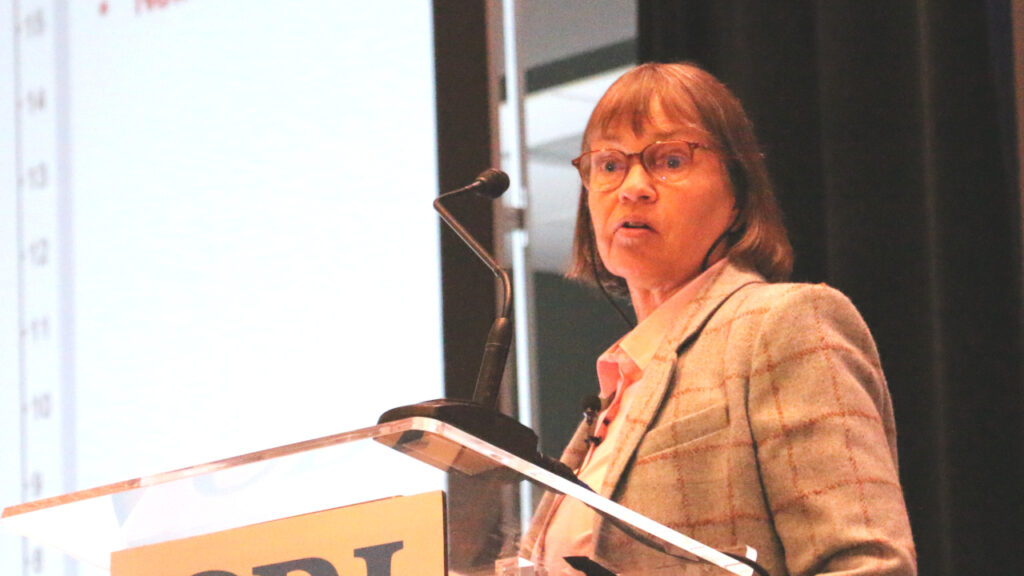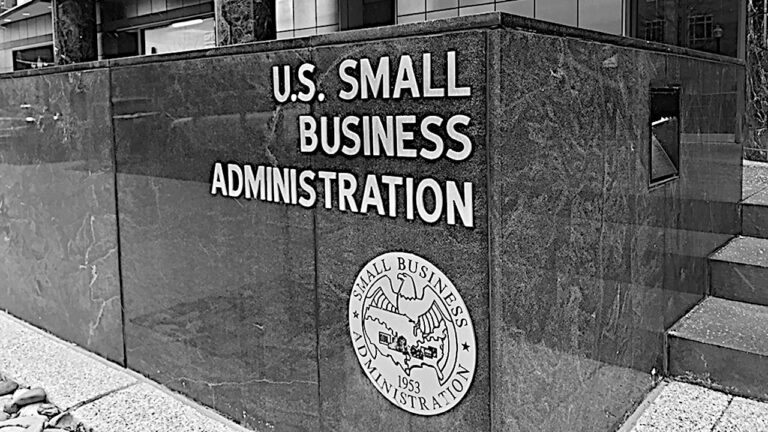Villamil: Debt ceiling crisis could lead to economic ‘tailspin’

Anne Villamil, an economics professor in the University of Iowa's TIppie College of Business, was the keynote speaker at the Corridor Business Journal's Economic Forecast Luncheon Jan. 25 at the DoubleTree by Hilton in downtown Cedar Rapids. CREDIT ALEXANDRA OLSEN
Anne Villamil is nothing if not frank, and her assessment of the federal government’s debt crisis is stark and unequivocal.
In her view, failing to raise the current U.S. debt ceiling would result in the United States defaulting on its debt obligation for the first time in history, a “disaster” resulting in “a huge loss of reputation” that would “send global markets into a tailspin.”
Ms. Villamil, an economics professor…

Want to Read More?
Get immediate, unlimited access to all subscriber content and much more.
Learn more in our subscriber FAQ.
Do you want to read and share this article without a paywall?








